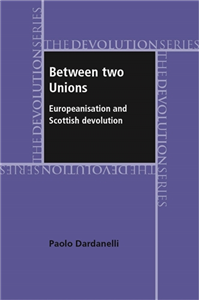Indian foreign policy
An overview
by Harsh Pant
This book is an overview of Indian foreign policy as it has evolved in recent times. The focus of the book is on the twenty-first century with historical context provided. It examines India's relationships with major powers, with its neighbours and other regions, as well as India's stand on major global issues. With a gradual accretion in its powers, India has become more aggressive in the pursuit of its interests, thereby emerging as an important player in the shaping of the global order in the new millennium. Since all issues, regions, and countries cannot be covered in a single volume, small snapshots of important issues are provided in each section. ;























